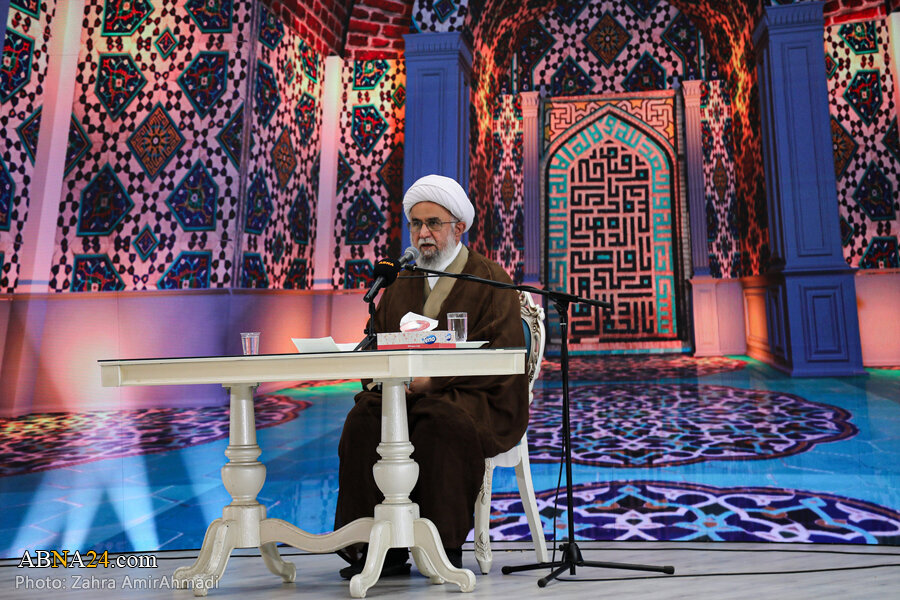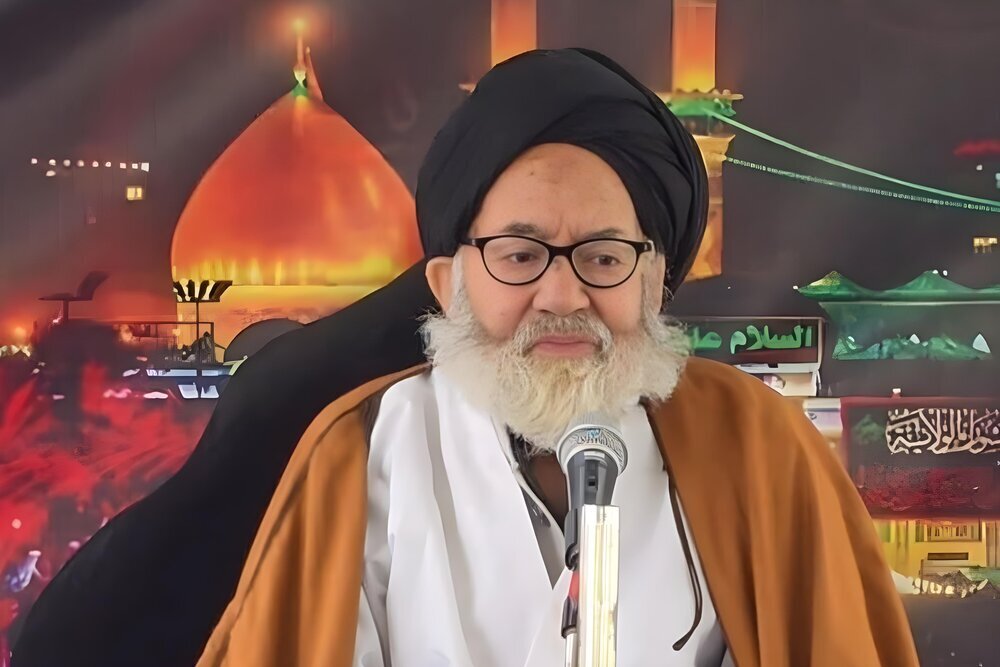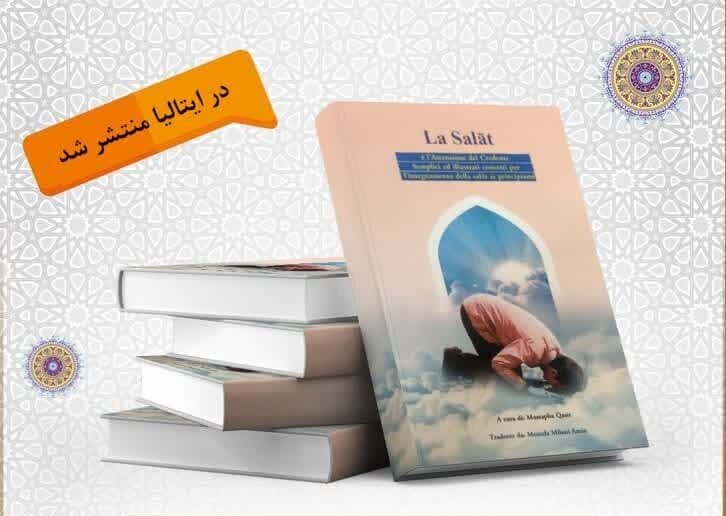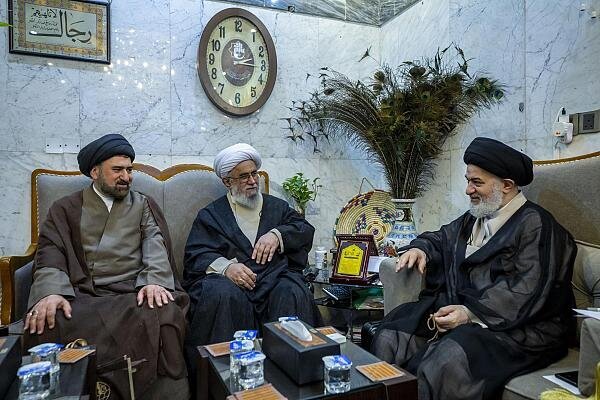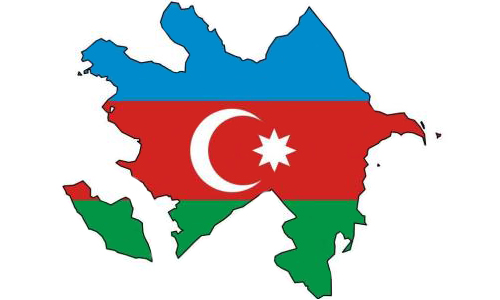1-آمار «مجمع جهانی اهل بیت(ع)» از شیعیان اندونزی ـ سال 2008
جمعیت کشور: 221.900.000
جمعیت مسلمانان: 195.372.000
جمعیت شیعیان: 1.952.720
درصد شیعیان نسبت به جمعیت کشور: 0.9 درصد
2-آمار «دائرةالمعارف امام حسين(ع)» از شیعیان اندونزی ـ سال 2000
جمعیت کشور: 219.266.557
درصد شیعیان نسبت به جمعیت کشور: 12.65 درصد
3- آمار انجمن دین و زندگی اجتماعی «مؤسسه PEW» از شیعیان اندونزی ـ سال 2009
جمعیت کشور: بیش از 200.000.000
جمعیت مسلمانان: 202.867.000
جمعیت شیعیان: کمتر از 2.028.000
درصد شیعیان نسبت به جمعیت مسلمان کشور: کمتر از 1 درصد






